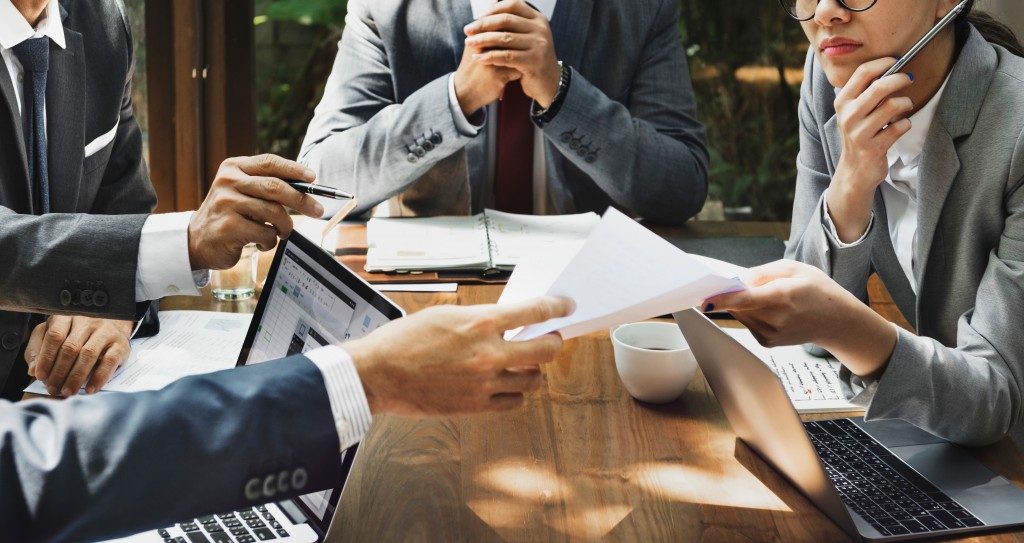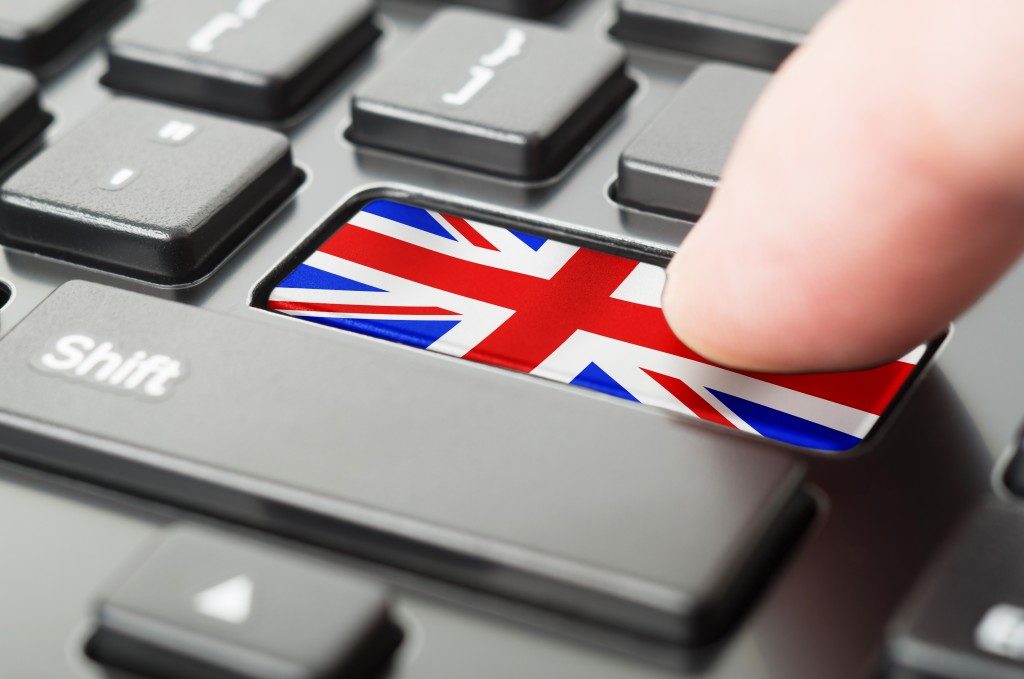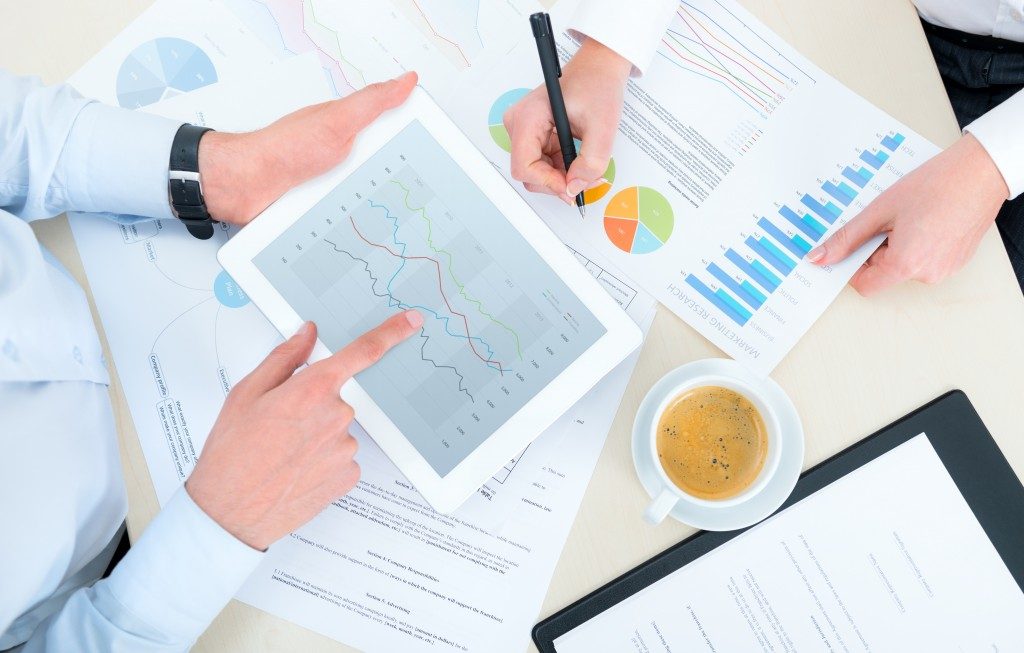So, you’ve been watching their videos on YouTube over and over again, and you find great pleasure in seeing those view counts and their newest release right up there on the trending page.
You download and purchase their new music online as soon as it drops, in addition to all the physical copies of their CDs and the extra fan goodies that come with it. Oh, and we’re not just talking about one version of that album you’ve waited for months (some even years!).
Regular edition, limited edition, this-and-that member version — do these all sound familiar to you? But, that’s just one part of the game.
You can’t call yourself your favorite KPop group’s “number 1 fan” if you’ve never been to any of their concerts. If buying albums and streaming YouTube videos on the loop is already stressful enough, imagine trying to secure tickets to their shows.
If you’re lucky, they might just include your city as one of their tour stops. But, if they’re not coming to you, then you have no choice but to come to them.
But this doesn’t end with just purchasing a concert. Now you also have to book plane tickets, secure hotels near a key arena in Seattle, and map out your transportation to and from the venue. Yes, it’s definitely going to involve a lot of planning and credit card swiping.
And then it ends — the best night of your life.
You leave the venue with sparkles in your eyes and even though you stood in line for hours — and stood some more if you chose arena tickets — you don’t feel tired at all. You return to your hotel, but you can’t sleep. You can’t believe what just happened.
You feel elated, and your heart just can’t come down from the high. But then the adrenaline gradually fades, leaving you with feelings of emptiness and confusion. Fangirls and fanboys call this PCD — post-concert depression.
Everyone claims to have experienced this at one point: attending a concert, seeing your favorite group in the flesh, and suddenly feeling down and lost for days or weeks after the show.

Some symptoms may include looking through the photos and videos you took during the show, severe addiction to their music on Spotify, constant flashbacks to those moments when you’re 100 percent sure you’ve made eye contact with one of the members.
It’s tough, but you’ll get over it. Just like regular grief, there are several stages you need to overcome to get past this phase: denial, anger, bargaining, the actual depression (usually the longest stage), and finally, acceptance.
The most effective way to deal with this is to tackle all four stages head on before you reach the fifth stage and feel like a functioning human again. Answering constant questions from friends about how the concert went might not help you recover as soon as you want, but don’t snap at them.
You wouldn’t want to ruin your friendships. After all, they just may become your next concert buddies. And when you think you’re finally over it, you see yourself purchasing tickets to your next show. The cycle continues, but you know it’s definitely all worth it.



